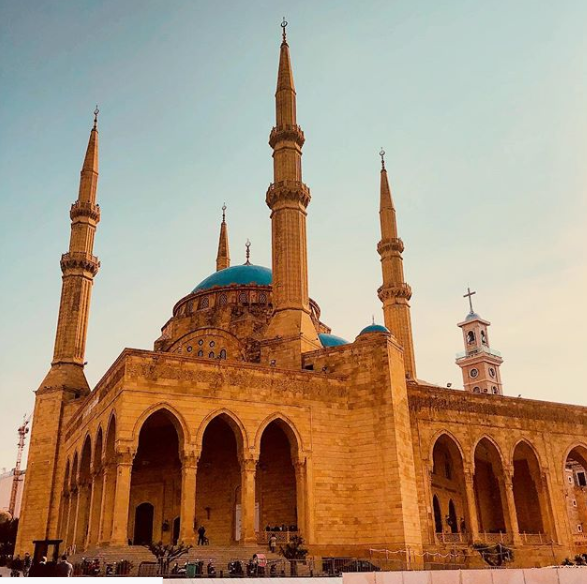Pittsburgh, Christchurch and Sri Lanka – where do we go from here?

On October 27th 2018, we cried for Pittsburgh (11 people killed from the Jewish community)
On March 15th 2019, our hearts bled for Christchurch (50 people killed from the Muslim community)
On Easter Sunday 2019, we couldn’t believe the news as it came out of Sri Lanka (253 people killed from the Christian community)
All three attacks were carried out by extremists seeking to murder and divide, fuelled by their hatred and intolerance. The sad and jarring reality is that we must now live with bated breath, dreading which community will be targeted next.
An almost incomprehensible commonality in all three attacks is that they took place during an act of worship; of prayer so peaceful, connected, divine, inclusive and spiritual across three different continents and three different faith traditions. It’s difficult to reflect on and hard to visualise – although it’s important (and frightening) to acknowledge one of the terrorists live streamed their attack on social media as a proud and public token of their hatred.
The level of hatred and inhumanity required to attack people during prayer is hard to grasp and uncomfortable to even think about. A conversation in the office had us wondering what it could be that motivates people toward such hatred, and whether it’s even possible for hatred so deep and toxic to be unlearned.
Divisive politics, marginalisation, media bias & propaganda, racism & xenophobia, lack of education, poverty, the concept of the ‘other’ and lack of priority for interfaith dialogue all have something to answer for. As to whether people could unlearn their hatred there are some very famous examples throughout history where it has occurred, from ex KKK members and ex hate preachers to our dynamic relationship with Justin Bieber!
However, as is the case with politics, economics, cooking and even communication, it’s better to take a proactive rather than reactive approach; after all, the human brain is better equipped to learn than it is to unlearn. We’re now at a crucial point in history where it almost seems as though some of the progressive work of activists before us is being undone; one of the many reasons why interfaith dialogue is now of critical importance.
Throughout the history of our world, different races and religions have lived side by side with love, tolerance and respect, and this thankfully still is the case in many countries. During my recent trip to Lebanon, I was surprised and amazed to see many mosques and churches stand side by side – neighbours peacefully co-existing in friendship and harmony. Photographed is the Mohammed Al-Amin Mosque and St George Cathedral in Downtown Beirut.
Interfaith dialogue – where people from a variety of backgrounds with often contradictory beliefs are able to communicate with an open mind, have healthy debates, exchange viewpoints, make the effort to understand each other, become friends and essentially agree to disagree – is a massively important facet of tackling hatred and building community cohesion. It is our hope to see interfaith dialogue become a priority on public agendas across the world so everyone benefits from increased tolerance and respect between communities, the friendship and integration that undoubtedly come as a result and so that the world can become a safer place for everyone.
Interfaith Scotland offer our sincerest condolences to all those that lost their lives and stand in solidarity with Pittsburgh, Christchurch and Sri Lanka.
